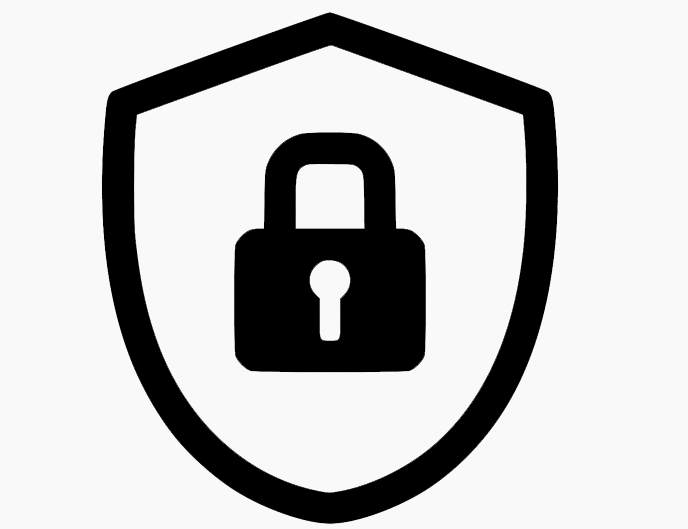Critical communication refers to the exchange of vital information that is essential for the functioning, safety, and coordination of individuals, teams, or organizations in urgent or emergency situations.
It involves the dissemination of crucial messages, instructions, or updates to ensure that the right people are informed promptly and accurately.
 EMERGENCY ALERTS:
EMERGENCY ALERTS:
 INCIDENT REPORTING:
INCIDENT REPORTING:
 COMMAND AND CONTROL COMMUNICATIONS:
COMMAND AND CONTROL COMMUNICATIONS:
 PUBLIC SAFETY ANNOUNCEMENTS:
PUBLIC SAFETY ANNOUNCEMENTS:
 INTERNAL COMMUNICATION:
INTERNAL COMMUNICATION:
-1688470230.png) INTERAGENCY COMMUNICATION:
INTERAGENCY COMMUNICATION: